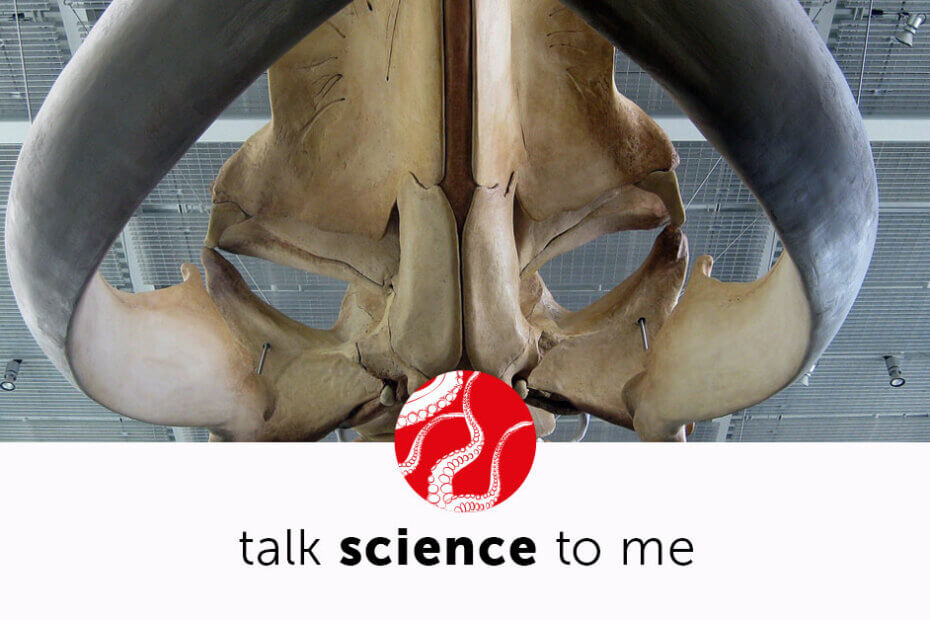Why Do Whales Breathe Air?
It’s a fair question. Most multicellular life on Earth requires oxygen to sustain metabolism, and those organisms get it from the fluids around them. (Yes, even plants.) But while organisms that breathe water but live on land are few and far between, aquatic and semiaquatic air-breathers are abundant. Many frogs, salamanders, crocodilians, caiman lizards, sea snakes, turtles, penguins, loons, grebes, and multiple lineages of marine mammals make their homes, temporarily or permanently, in water while breathing air—giving them the strange distinction of being able to drown in their preferred habitat. Given that most animals, including most vertebrates, breathe water, and that the physiology required to get oxygen from water is so simple that even some air-breathers have versions of it, why do so many of these animals keep breathing air? What do they get out of all this drowning risk?
This question has two answers, which get to the heart of biological evolution and the physical chemistry of water.
Read More »Why Do Whales Breathe Air?